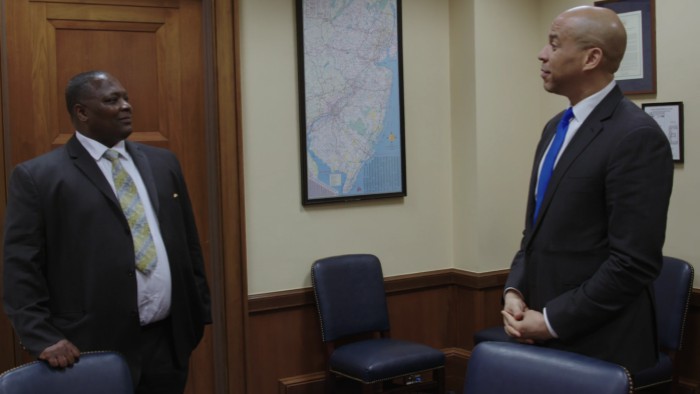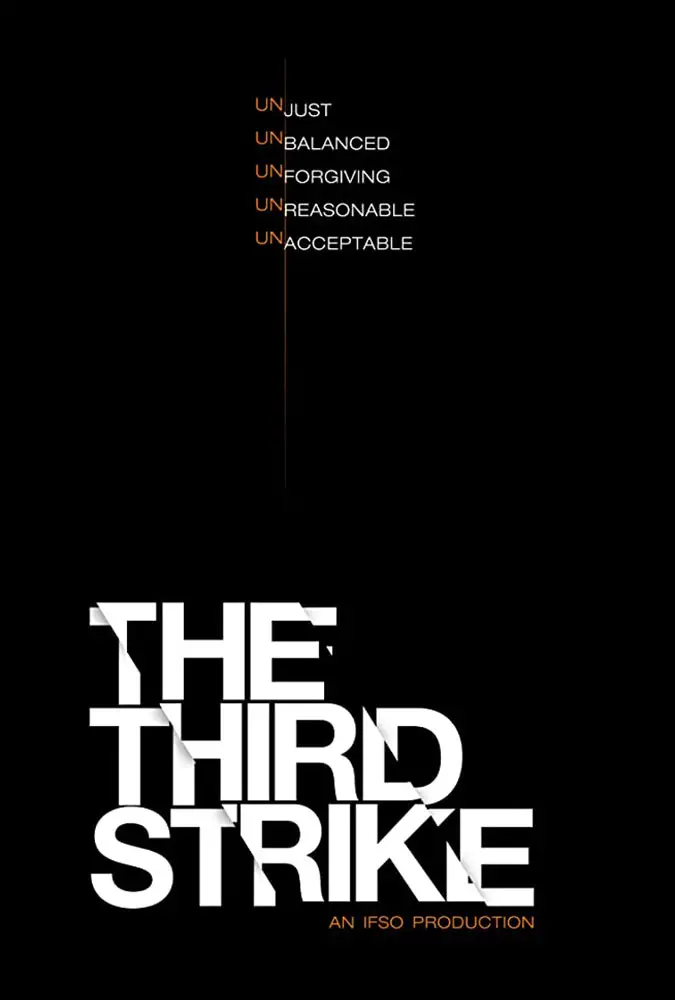
In the ’80s, when crack was king, the US government tried to come up with a way to deter the rampant drug abuse in the country. They came up with the “Three Strikes” law, which essentially means that if a person got caught on a drug offense three times, there was a distinct probability that this person would spend life in prison if found guilty at trial. The Third Strike puts a spotlight on the oft-forgotten people who face incarceration for life due to this law.

“…puts a spotlight on the oft-forgotten people who face incarceration for life due to this law.”
Alton Mills, Ismael Rosa, Edward Douglas, Eric Wilson, and Tyrie Bell are but five of thousands of people who faced life in federal prison for minor drug offenses. The thing they all have in common is that they had the help of The Decarceration Collective and Federal Defense Attorney Miangel Cody. The Decarceration Collective consists of attornies Amanda Bash and LaSheda Brooks and Community Architect Bella Bahhs. These four women have worked tirelessly to help inmates with life sentences to get their sentences commuted.
The Third Strike does what all good documentaries should do, which is to give a face and a name to a person facing a problem that people may not think that much about otherwise. We meet not only the men who faced these horrible circumstances but their families who were affected by the decisions of the courts. We are also met with statistics and facts about the history of the three-strikes law and how it was originally intended to be used. The thought was that high-level drug dealers would get caught and put in prison for life. Unfortunately, what often ends up happening is that the drug kingpins usually offer up information to get a plea bargain while a low-level associate or casual drug user ends up taking the rap.

"…...ex-prisoners had their sentences commuted in one of the last acts of our beloved former president, Barack Obama."



Loved the doc and the results. Loving worthy people. Great work, all of you. I wondered though, when it was done. Wouldn’t the fact that around the Reagan era l believe, privatization of the penal system was initiated and in order to reach quotas for Government funding the results are obvious. Also chase the actual investors and their associates and associations. Go gett’m